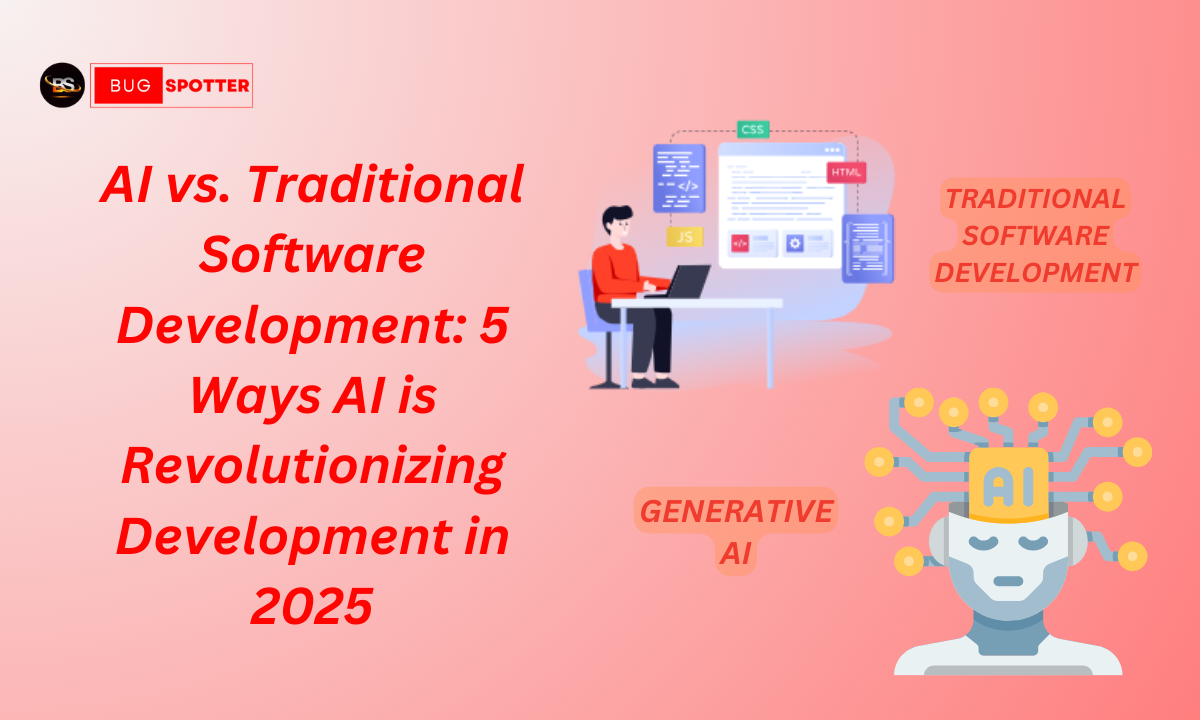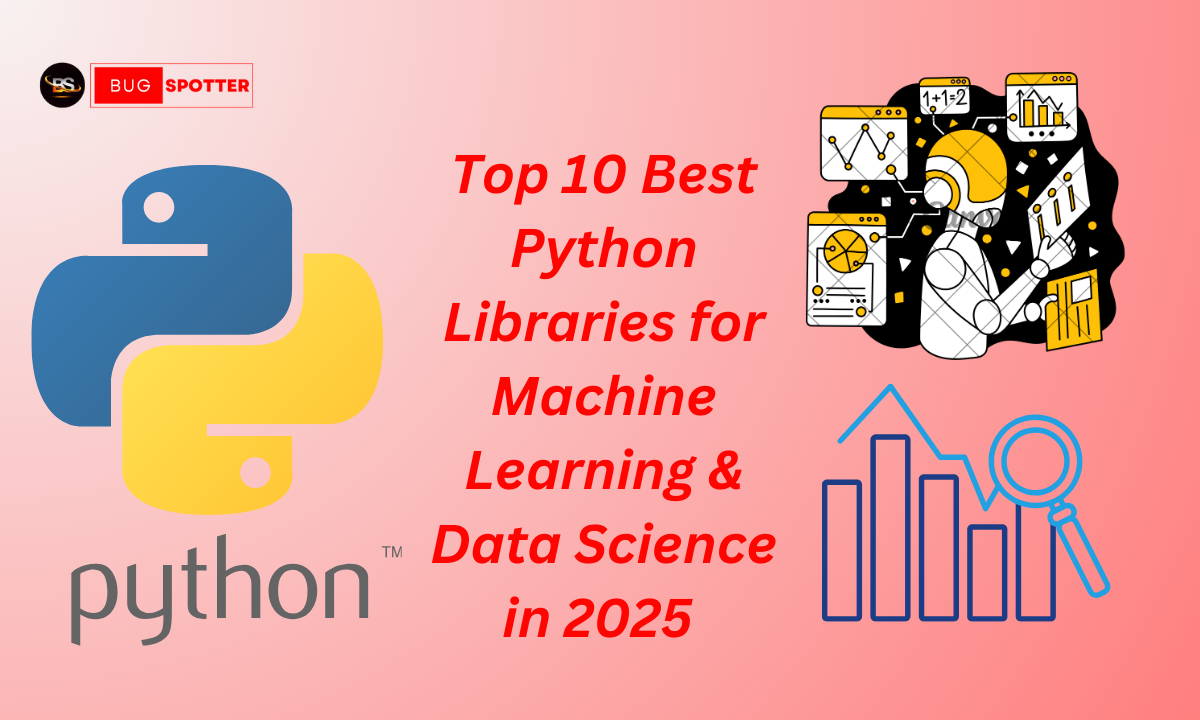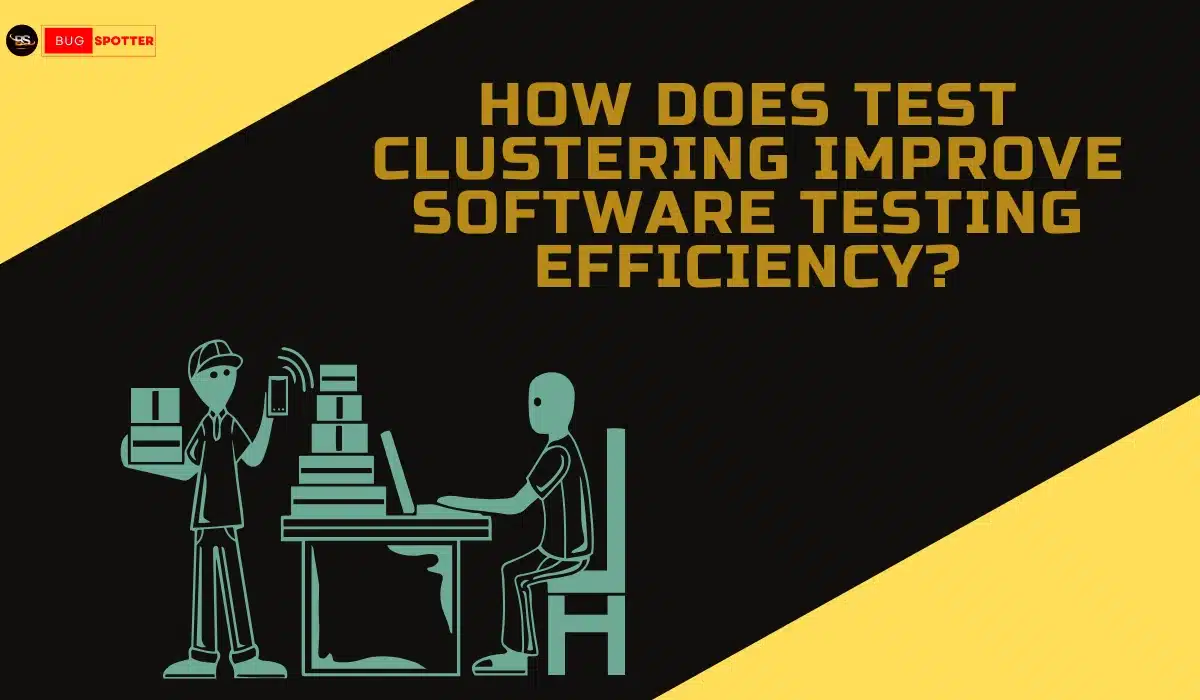What is Computational Efficiency ?
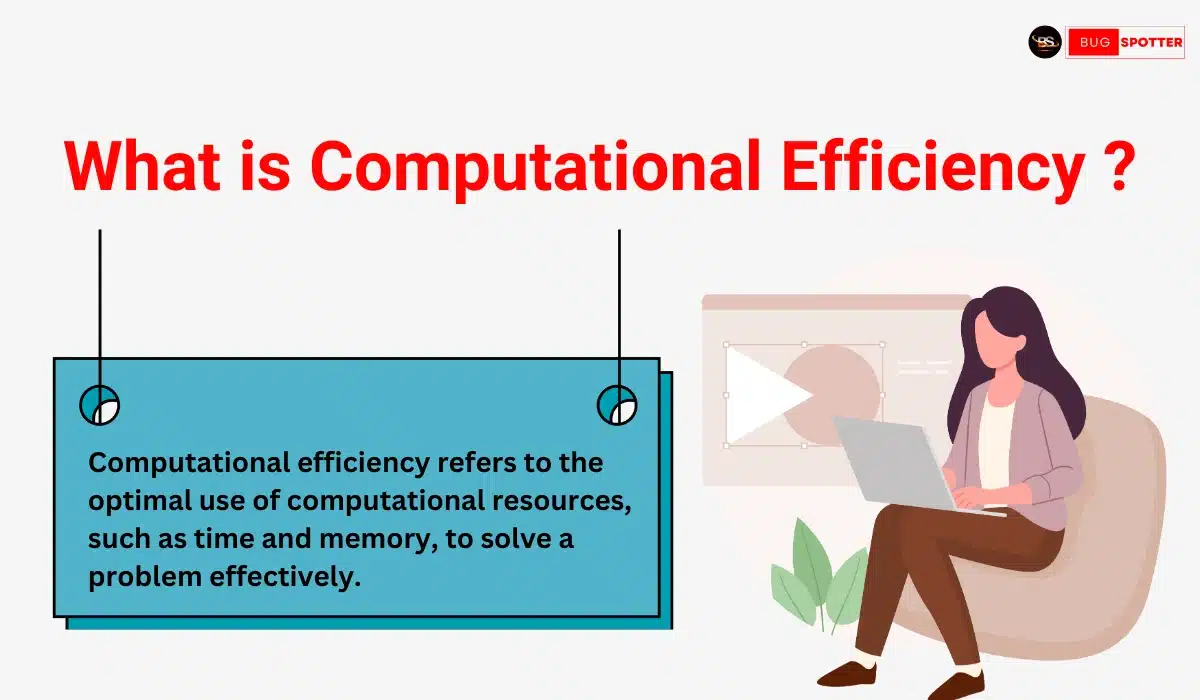
In the digital age, computational efficiency plays a crucial role in optimizing performance, reducing costs, and improving overall productivity. Efficient computing ensures that resources such as time, memory, and energy are utilized effectively. With advancements in technology, the need for computational efficiency has become more significant across industries like artificial intelligence, big data, and quantum computing. Understanding computational efficiency helps businesses and individuals make better decisions regarding software, hardware, and processing methods.
What is Computational Efficiency?
Computational efficiency refers to the effectiveness of a computer system in performing tasks using minimal resources such as time, memory, and energy. It is an essential factor in software development, algorithm design, and hardware optimization. Efficient computations lead to faster execution times, lower power consumption, and cost-effectiveness.
The efficiency of an algorithm or a system is often measured in terms of computational complexity, which includes time complexity (how fast an algorithm executes) and space complexity (how much memory it consumes). An efficient system can handle large-scale computations without excessive resource consumption, making it ideal for applications like artificial intelligence, financial modeling, and scientific research.
Efficient Compute Frontier
The efficient compute frontier refers to the theoretical limit of computational efficiency achievable with current technology. It represents the balance between performance and resource usage. As computing power increases, achieving efficiency involves optimizing software and hardware simultaneously.
In practice, achieving the efficient compute frontier requires:
Optimizing algorithms – Using more efficient data structures and reducing redundant computations.
Parallel processing – Distributing tasks across multiple cores or GPUs for faster execution.
Energy-efficient hardware – Developing chips and processors that consume less power while maintaining performance.
Cloud computing and distributed systems – Leveraging scalable cloud architectures to balance computational loads.
Quantum computing advancements – Exploring quantum algorithms that outperform classical methods in specific tasks.
How to Compute Efficiency
Computational efficiency can be measured using various benchmarks and performance metrics, depending on the type of system or algorithm. Here are the key ways to compute efficiency:
- Time complexity analysis
Measuring how execution time scales with input size using Big O notation. - Space complexity analysis
Evaluating the amount of memory an algorithm requires for execution. - Benchmark testing
Running standardized tests on hardware and software to measure real-world performance. - Energy efficiency metrics
Calculating power consumption relative to performance using FLOPS per watt (floating point operations per second per watt). - Scalability assessment
Testing how well a system or algorithm performs as the workload increases. - Throughput and latency analysis
Evaluating how many operations a system can handle per second and how quickly it responds to requests.
Computers Make Excellent and Efficient Servants
omputers excel at performing repetitive and complex tasks efficiently, making them indispensable in various fields. Unlike humans, computers do not suffer from fatigue and can process vast amounts of data rapidly.
Key factors that make computers efficient servants:
- Automation
Computers can automate repetitive tasks, reducing human effort. - Parallel Processing
Modern processors can execute multiple instructions simultaneously. - High-speed calculations
Computers perform mathematical operations at speeds far beyond human capability. - Data storage and retrieval
Computers efficiently store and process large datasets. - Error reduction
Unlike humans, computers execute predefined instructions without errors unless there is a programming fault. - Artificial Intelligence (AI) integration
AI-driven computing enhances decision-making and predictive analytics.
Efficient Computer
An efficient computer is a system optimized for performance, energy consumption, and resource utilization. Such computers ensure high productivity while minimizing costs. Characteristics of an efficient computer include:
- High-performance processors
Multi-core CPUs and GPUs for parallel execution. - Optimized software
Well-written code that reduces processing time and memory usage. - Energy-efficient components
Low-power processors, SSDs instead of HDDs, and adaptive power settings. - Cooling mechanisms
Efficient cooling systems prevent overheating and improve longevity. - Cloud-based computing
Remote computing solutions that distribute workloads efficiently. - Network optimization
High-speed internet and optimized communication protocols improve efficiency.
How to Improve Computer Efficiency
Improving computer efficiency involves optimizing both hardware and software. Here are some practical ways to enhance efficiency:
- Upgrade hardware
Use SSDs, add more RAM, and invest in a better CPU/GPU. - Optimize software
Use efficient algorithms, minimize redundant processes, and update software regularly. - Use lightweight operating systems
Systems with minimal background processes improve performance. - Enable power management settings
Adjust settings to optimize energy consumption. - Regular maintenance
Clear cache, remove unnecessary files, and defragment drives. - Use cloud computing
Leverage remote resources to offload local computing tasks. - Reduce background applications
Close unnecessary apps that consume memory and CPU powe
FAQs
1. How to Compute Efficiency?
To compute efficiency, one must measure performance against resource usage. This can be done by analyzing time complexity, space complexity, power consumption, and benchmarking test results. Standard techniques include:
Big O notation for algorithm efficiency.
FLOPS per watt for energy efficiency.
Benchmark scores for hardware performance.
Latency and throughput measurements for system responsiveness.
2. How to Improve Computer Efficiency?
Computer efficiency can be improved through:
Hardware upgrades (SSD, RAM, better CPU/GPU).
Software optimization (efficient coding, reducing bloatware).
Power management (lower energy consumption settings, efficient cooling).
Cloud computing and virtualization to distribute workloads effectively.
Regular system maintenance to remove unnecessary files and optimize storage.
3. What Can Quantum Computers Do More Efficiently Than Regular Computers?
Quantum computers leverage quantum mechanics principles to perform specific tasks exponentially faster than classical computers. Some areas where quantum computers show superior efficiency include:
Cryptography – Breaking encryption algorithms using Shor’s algorithm.
Optimization problems – Solving complex optimization tasks in logistics and finance.
Drug discovery and material science – Simulating molecular structures more efficiently.
Machine learning – Enhancing AI model training using quantum algorithms.
Simulating quantum systems – Performing simulations that classical computers cannot handle effectively.
4. Why is computational efficiency important?
Efficient algorithms enhance system performance, reduce operational costs, and improve user satisfaction by delivering faster results.
5. How can I assess the efficiency of an algorithm?
Analyzing an algorithm’s time and space complexity provides insights into its efficiency. Tools like Big O notation help in understanding and comparing these complexities.
6. Can an algorithm be efficient in time but not in space?
Yes, some algorithms may execute quickly but require substantial memory, while others might use minimal memory but take longer to run. Balancing time and space efficiency is often necessary based on specific application requirements.
7. How does parallel computing affect computational efficiency?
Parallel computing can significantly enhance efficiency by dividing tasks across multiple processors. However, according to Amdahl’s Law, the overall speedup is limited by the portion of the task that cannot be parallelized.
8. What role does computational efficiency play in real-time systems?
In real-time systems, meeting specific timing constraints is crucial. Efficient algorithms ensure that tasks are completed within these constraints, maintaining system reliability and performance.
Latest Posts
- All Posts
- Software Testing
- Uncategorized
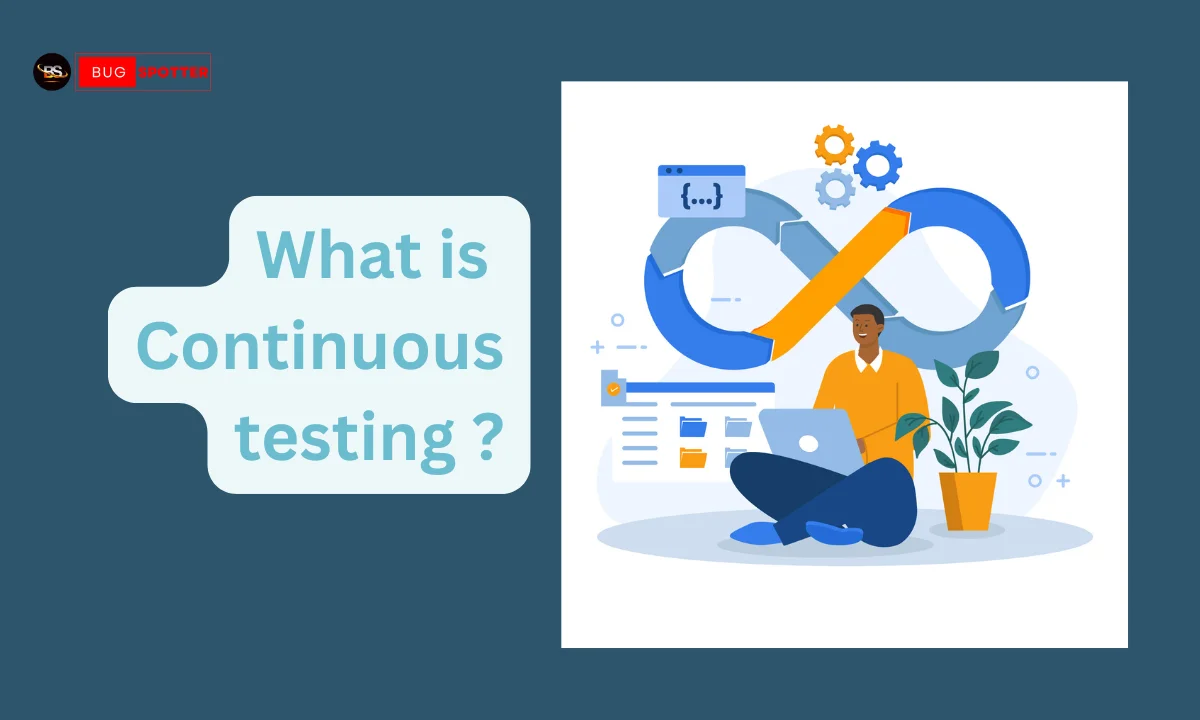


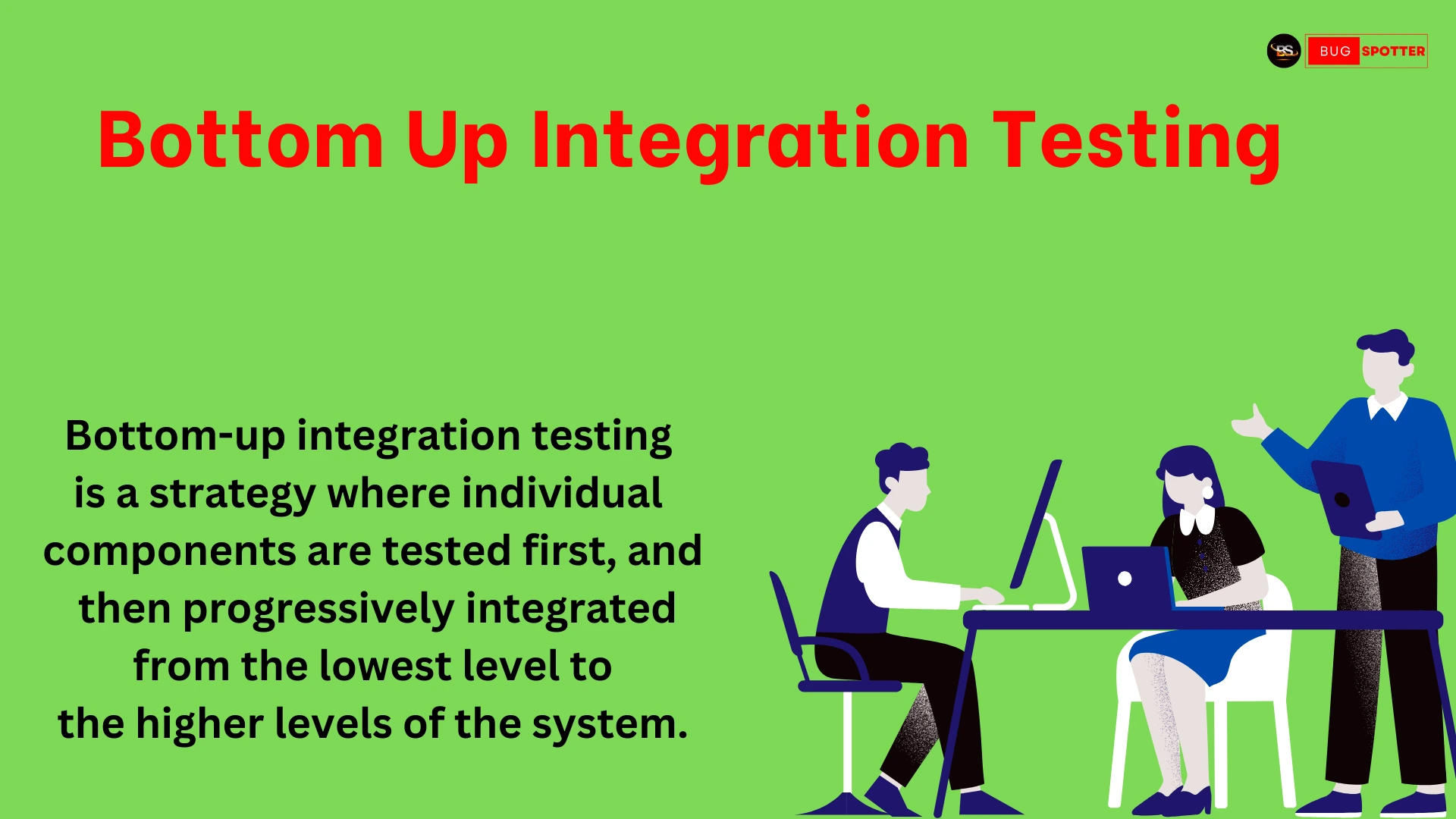
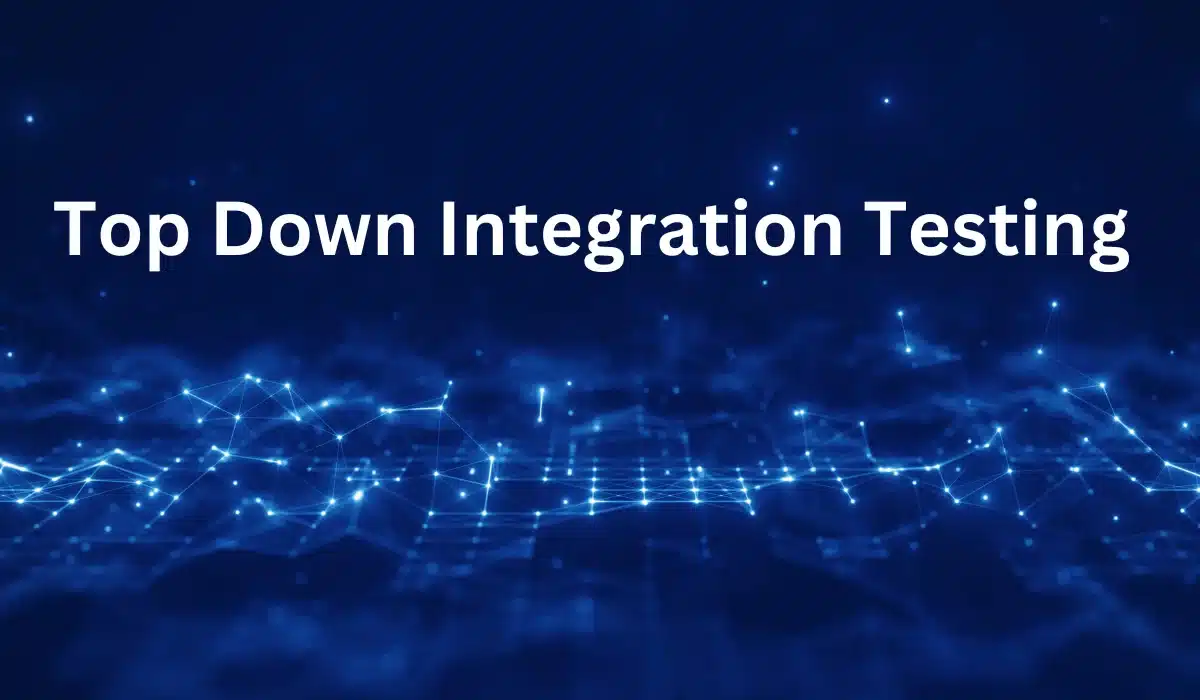
Categories
- Artificial Intelligence (5)
- Best IT Training Institute Pune (9)
- Cloud (2)
- Data Analyst (55)
- Data Analyst Pro (15)
- data engineer (18)
- Data Science (104)
- Data Science Pro (20)
- Data Science Questions (6)
- Digital Marketing (4)
- Full Stack Development (7)
- Hiring News (41)
- HR (3)
- Jobs (3)
- News (1)
- Placements (2)
- SAM (4)
- Software Testing (70)
- Software Testing Pro (8)
- Uncategorized (33)
- Update (33)
Tags
- Artificial Intelligence (5)
- Best IT Training Institute Pune (9)
- Cloud (2)
- Data Analyst (55)
- Data Analyst Pro (15)
- data engineer (18)
- Data Science (104)
- Data Science Pro (20)
- Data Science Questions (6)
- Digital Marketing (4)
- Full Stack Development (7)
- Hiring News (41)
- HR (3)
- Jobs (3)
- News (1)
- Placements (2)
- SAM (4)
- Software Testing (70)
- Software Testing Pro (8)
- Uncategorized (33)
- Update (33)



